

Ben Zachariah
CarExpert's top five EV reviews of 2025
1 Hour Ago
Donald Trump is set to once again become the US President, and his return to power could have an impact on the local auto industry.

Contributor
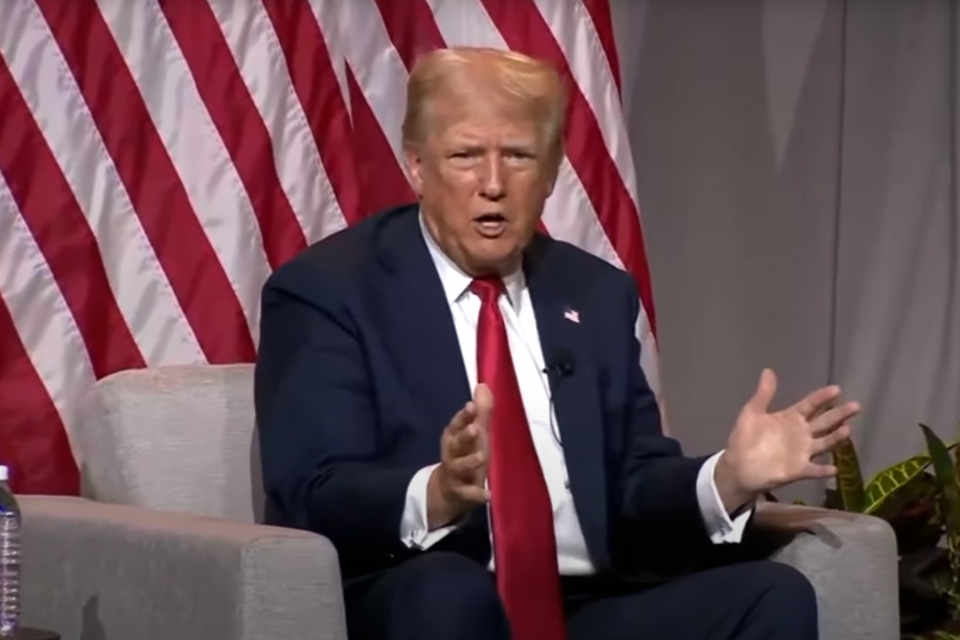

Contributor
Donald Trump has been elected as the 47th president of the United States, returning to the Oval Office four years after he last held the position.
His return to power has been one of controversy, with his opponents putting an emphasis on how the now 78-year-old will handle his second presidency, and what it means for the global partners and enemies of the US.
Australia has long been an ally of the US, but since we no longer manufacture our own vehicles from scratch, the local automotive industry can be influenced by external factors, such as what occurred in American politics overnight.
100s of new car deals are available through CarExpert right now. Get the experts on your side and score a great deal. Browse now.
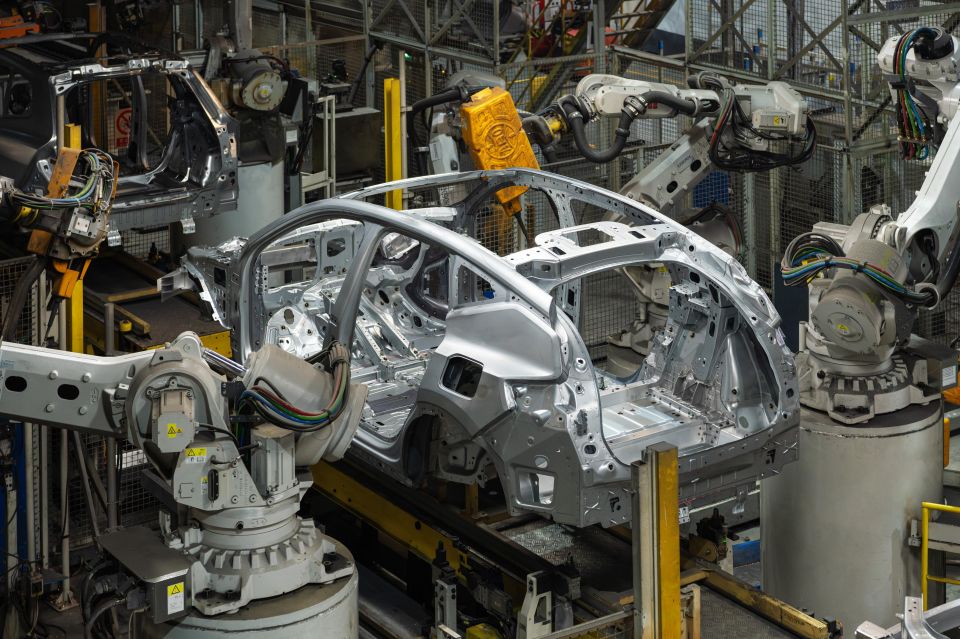
In the leadup to the election, Mr Trump sought to win the swing state of Michigan – which he achieved – by targeting the region’s automotive industry, home to the ‘Big Three’ carmakers: Ford, General Motors (Chevrolet, Cadillac, GMC) and Stellantis (Jeep, Ram, Dodge, Chrysler).
In July, the president-elect not only hit out at the chief of the United Auto Workers (UAW) union, but also pledged to increase tariffs on vehicles made outside of the US by Chinese carmakers.
“We are going to bring back car manufacturing and we are going to bring it back fast,” said Mr Trump.
“[The Chinese] are building some of the largest auto plants in the world… Those plants are going to be built in the US and our people are going to man those plants.
“And if they don’t agree with us we will put a tariff of approximately 100-200 per cent on each car and they will be unsellable in the US.”
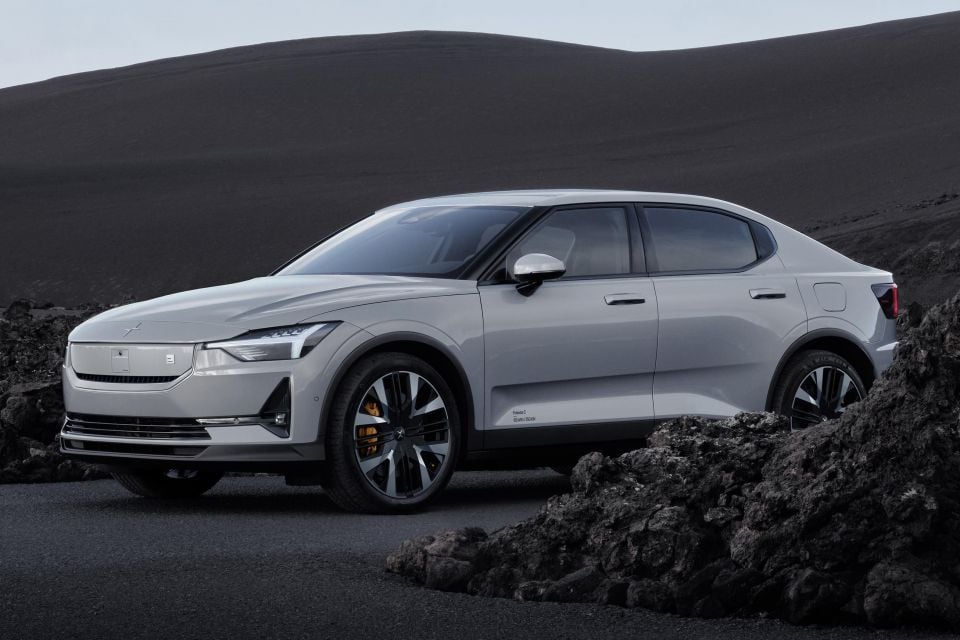
His declaration came months after now-departing president Joe Biden also announced a 100 per cent tariff on Chinese electric vehicles (EVs) in May.
While there’s only a handful of Chinese-built model sold in the US, such as GM’s Buick Envision and Ford’s Lincoln Nautilus, there are a handful of auto brands owned by Chinese conglomerates that sell cars there, including Lotus, Polestar, and Volvo.
The Polestar 2 is currently the only US-market EV that is built in China by a Chinese company, making it subject to the significant potential tariff.
Other brands such as BYD were understood to be interested in opening factories in Mexico to export car to the US, but with Mr Trump also pledging to place tariffs of up to 200 per cent on vehicles made south of the border, this would be a largely unprofitable exercise.
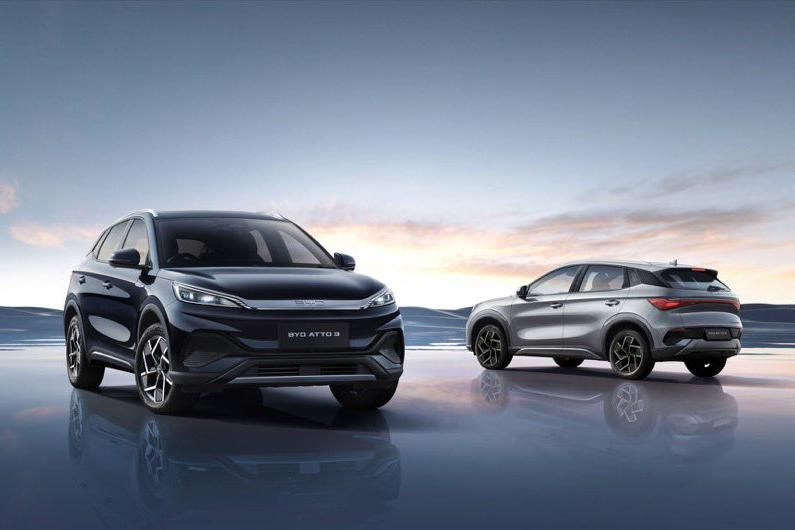
So what does all this mean for Australia?
With Chinese brands less likely to enter the US market, they’ll need to start looking at other regions for exports.
That’s been made harder by the European Union, which recently imposed tariffs of up to 45.3 per cent on Chinese EVs.
However, Australia not only has a Free Trade Agreement with China, but motorists are already buying vehicles made in the world’s second most populous nation in their droves, with only Japan and Thailand still supplying more vehicles for our market.
Australia still has a relatively small new-vehicle market, but it’s also one of the world’s most competitive, with close to 60 auto brands either currently on sale or due to launch locally.
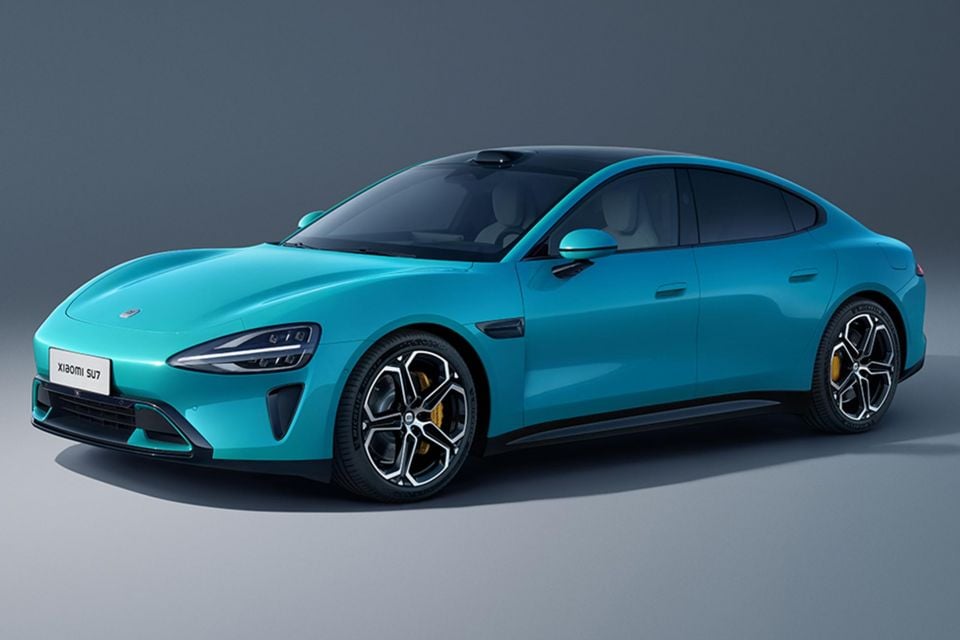
At a time when so-called ‘legacy’ manufacturers, such as Citroen, have been departing showrooms due to slowing sales, the influx of brands from China is seemingly never-ending.
Last week, Jack Puzin, the CEO of EV Automotive – the Australian distributor for Chinese EV maker Skywell – named tariffs in the US and Europe as a driving force behind the rise of competition here, as brands become shut out of other markets.
“Around the world, the Europeans and Americans are ostracising the Chinese,” Mr Puzin told CarExpert.
“Obviously, their market is spilling into everywhere else they can sell, and Australia’s one of them.
“With such a generous Free Trade Agreement, why wouldn’t they?”
In contrast, there’s likely to be little change for Australia should Mr Trump also impose tariffs on Mexican-made vehicles, as they represent about one per cent of local auto imports, compared to the circa-15 per cent figure for Chinese-made models.
MORE: Australia in the box seat as Chinese EVs shut out of Europe, US MORE: Donald Trump doubles down on Mexican car import tariffs MORE: Donald Trump is against everyone having an EV MORE: US Government walks back electric car sales targets MORE: Trump pledges to kill regulations aimed at driving electric car uptake MORE: Donald Trump vows to slug Chinese cars with unprecedented tariffs MORE: It’s official: US to slug Chinese EVs with huge tariffs
Born and raised in Canberra, Jordan has worked as a full-time automotive journalist since 2021, being one of the most-published automotive news writers in Australia before joining CarExpert in 2024.


Ben Zachariah
1 Hour Ago
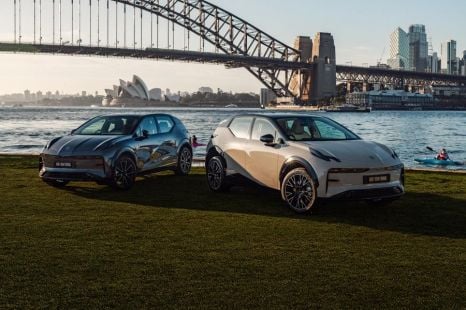

Max Davies
2 Hours Ago
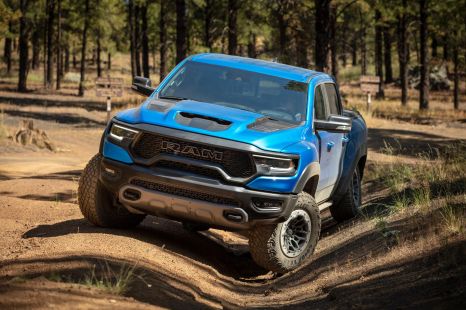

Derek Fung
2 Hours Ago
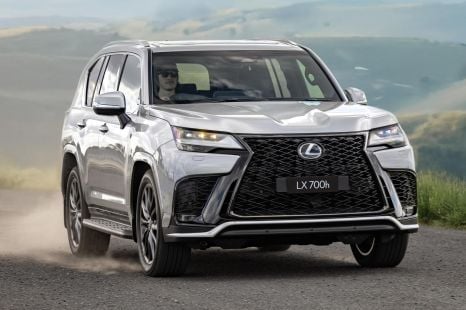

Derek Fung
3 Hours Ago
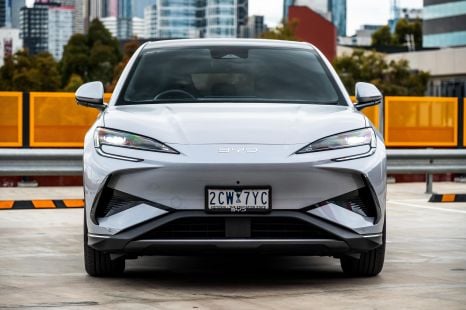

James Wong
9 Hours Ago
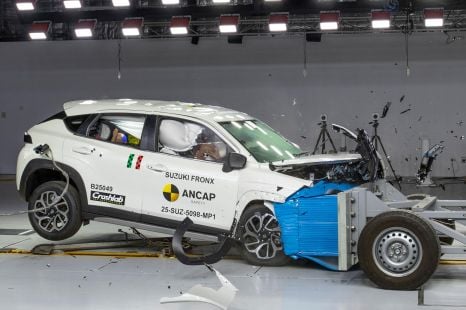

Damion Smy
18 Hours Ago